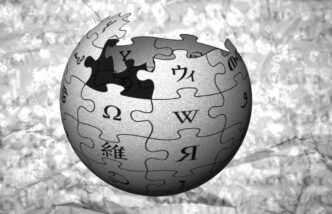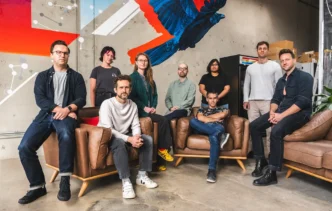FutureHouse, a nonprofit backed by former Google CEO Eric Schmidt, has launched its first suite of tools aimed at transforming scientific research. The goal? To build an AI scientist that can help push the frontiers of discovery within the next decade. On Thursday, the organization introduced a platform and API packed with four AI-powered tools—Crow, Falcon, Owl, and Phoenix—each designed to assist researchers across various scientific tasks.
This ambitious project places FutureHouse in direct competition with well-funded startups and major tech companies, including Google and OpenAI, all aiming to unlock AI’s potential in science. Earlier this year, Google introduced its “AI co-scientist” to help generate hypotheses and research plans. Leaders at OpenAI and Anthropic have also claimed AI could drastically speed up breakthroughs in fields like medicine.
Despite the growing hype, many researchers remain cautious. They argue that current AI models are still too unreliable to guide core scientific decisions.
Four AI Tools Designed to Accelerate Science
FutureHouse’s initial product rollout includes:
- Crow: Searches scientific papers and answers questions about the content.
- Falcon: Digs deeper into scientific databases for comprehensive literature reviews.
- Owl: Finds past work in specific subject areas.
- Phoenix: Helps researchers plan chemistry experiments.
The tools are designed to be used individually or chained together. According to FutureHouse, this approach could speed up discovery by streamlining common research workflows.
In a blog post, the nonprofit highlighted that its AI tools access a large collection of high-quality, open-access scientific papers. The models also use multi-stage reasoning to evaluate sources thoroughly. “Unlike other AIs, FutureHouse’s have transparent reasoning and specialized scientific tools,” the organization claims.
Still, these tools have yet to make a scientific breakthrough. There are no novel discoveries attributed to the platform so far.
High Hopes Meet Technical Limitations
While FutureHouse’s mission is ambitious, the results have been modest. One of the biggest challenges in creating an AI scientist is accounting for countless confounding variables. AI can help narrow down possibilities, such as identifying potential materials or chemicals, but that’s only a small part of the scientific method. True breakthroughs often require creativity, intuition, and context—areas where AI still falls short.
This isn’t the first time AI has tried to enter the scientific arena. In 2023, Google claimed its AI tool, GNoME, helped synthesize 40 new materials. But a third-party review found that none of the materials were genuinely new, casting doubt on the AI’s effectiveness.
Another ongoing concern is AI’s tendency to hallucinate or make confident but wrong statements. This risk is especially serious in high-stakes scientific research, where even small errors can derail entire studies. FutureHouse admits its tools, particularly Phoenix, are not immune to mistakes.
In the blog post, the team writes, “We are releasing [this] now in the spirit of rapid iteration. Please provide feedback as you use it.” That openness may help the project evolve, but for now, many scientists remain skeptical.
Despite its limitations, the FutureHouse launch marks a bold step in merging AI with scientific exploration. Whether these tools can one day live up to the dream of a true AI scientist remains to be seen.













